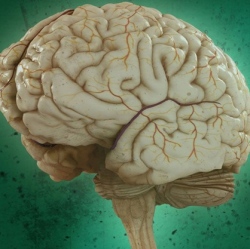
There are overlapping genes for maths and reading: scientists For the first time ever, showed that around half of the genes that affect how well 12-year-olds in the UK perform in maths also affect how good they are at reading. And they showed this in a new and important way.
This study, led by UCL’s Oliver Davis, Chris Spencer at Oxford and Robert Plomin at King’s College London, was able to estimate genetic influences on learning abilities using DNA alone. The implications of this for future genetically sensitive research in the behavioural and social sciences are highly significant. It is certainly much easier to get hold of DNA than it is to get hold of a results from a large twin sample, another good way of researching this area.
The researchers analysed millions of DNA variations from almost 3,000 people and found that more than half of the differences between how well 12-year-olds performed in reading and maths could be explained by differences in their genes. But they also found that reading and maths are correlated partly for genetic reasons: many genes appear to operate in both domains.
These results are not in themselves new. Twin studies have previously reached very similar conclusions. However, the fact that such findings have now been confirmed by a genome-wide association study, where many common genetic variants are explored for association with a particular trait, is a very significant development. It is interesting that in spite of using DNA data no particular genes emerged as significant influences on reading or maths. Instead, the researchers found collections of subtle DNA variations.
